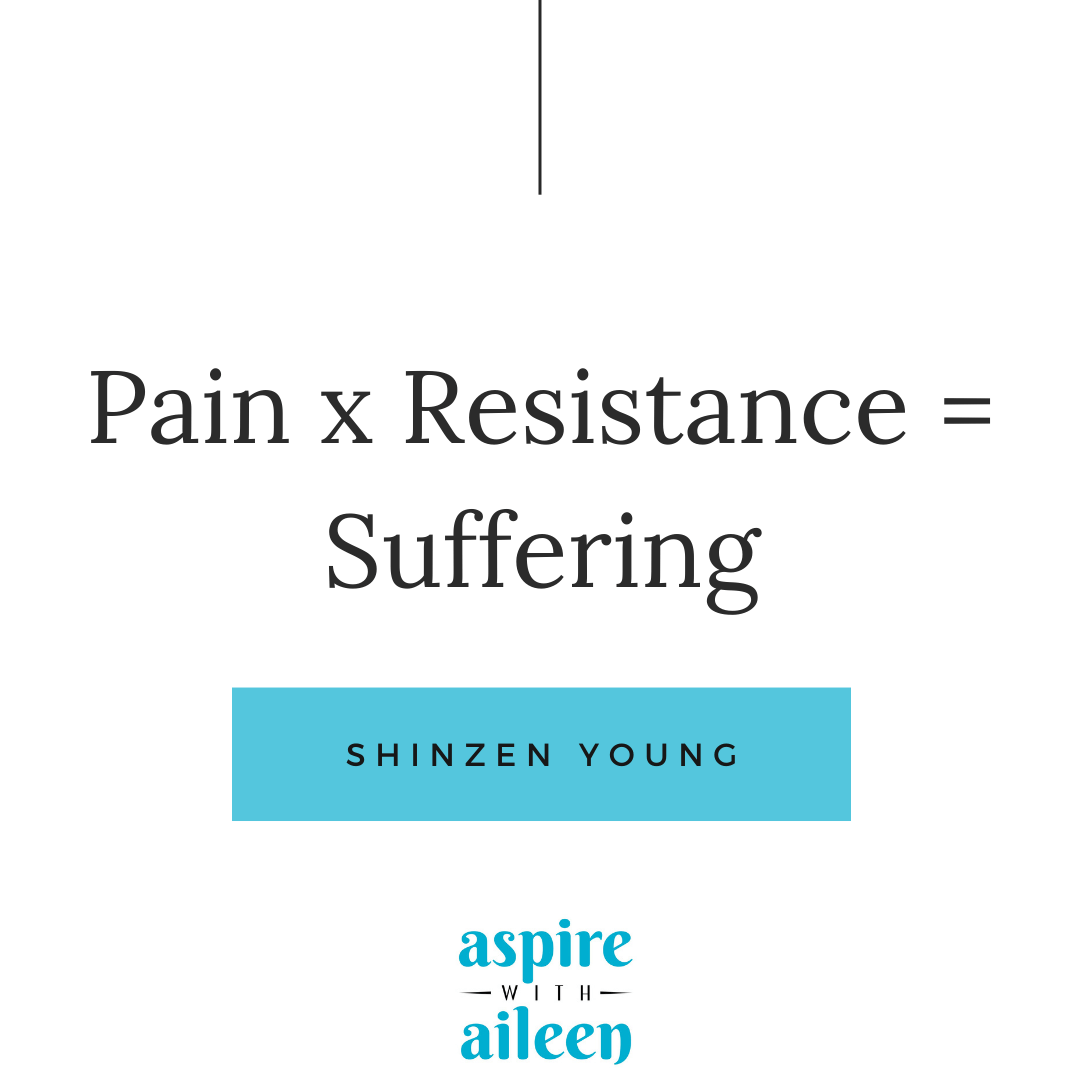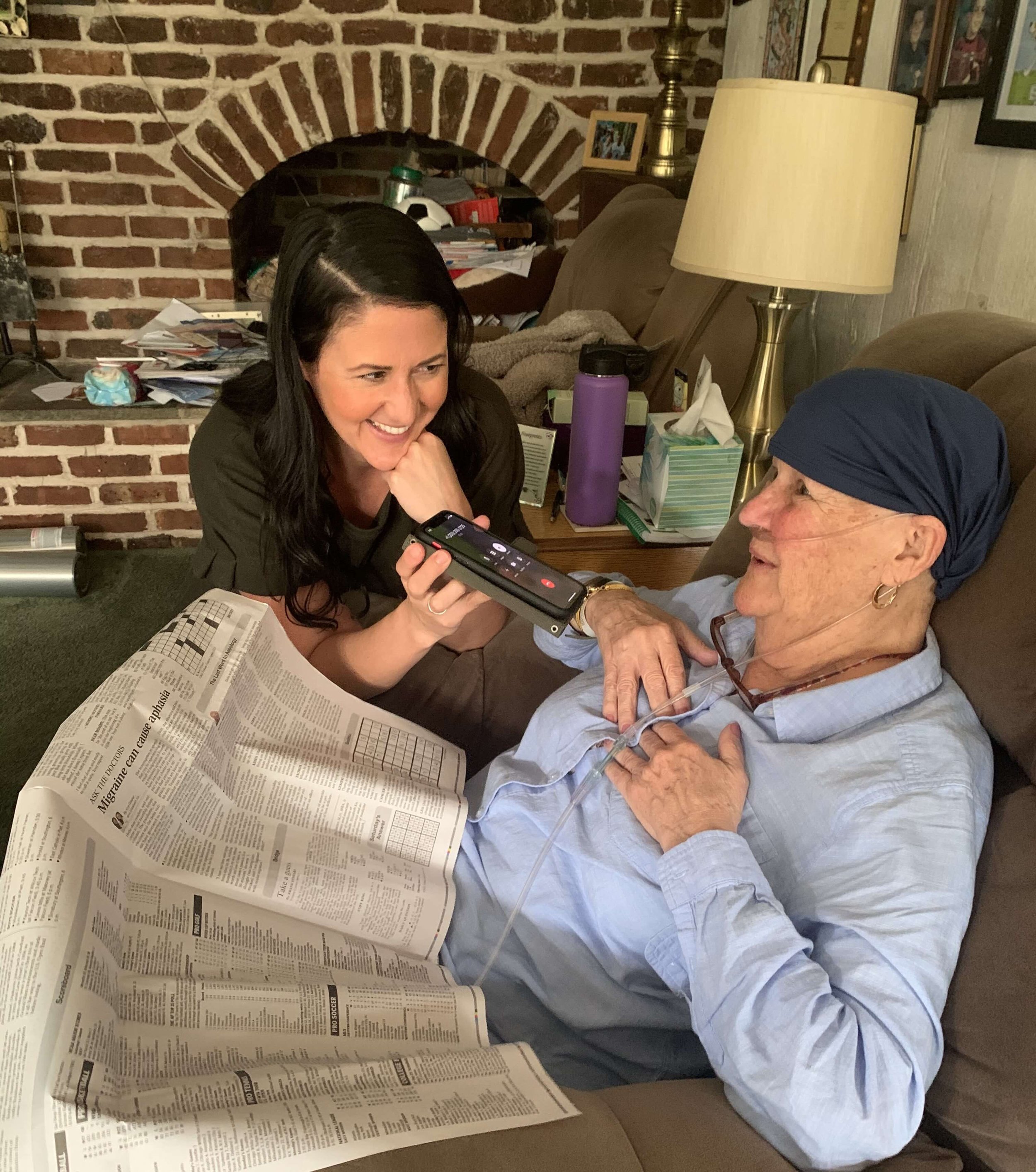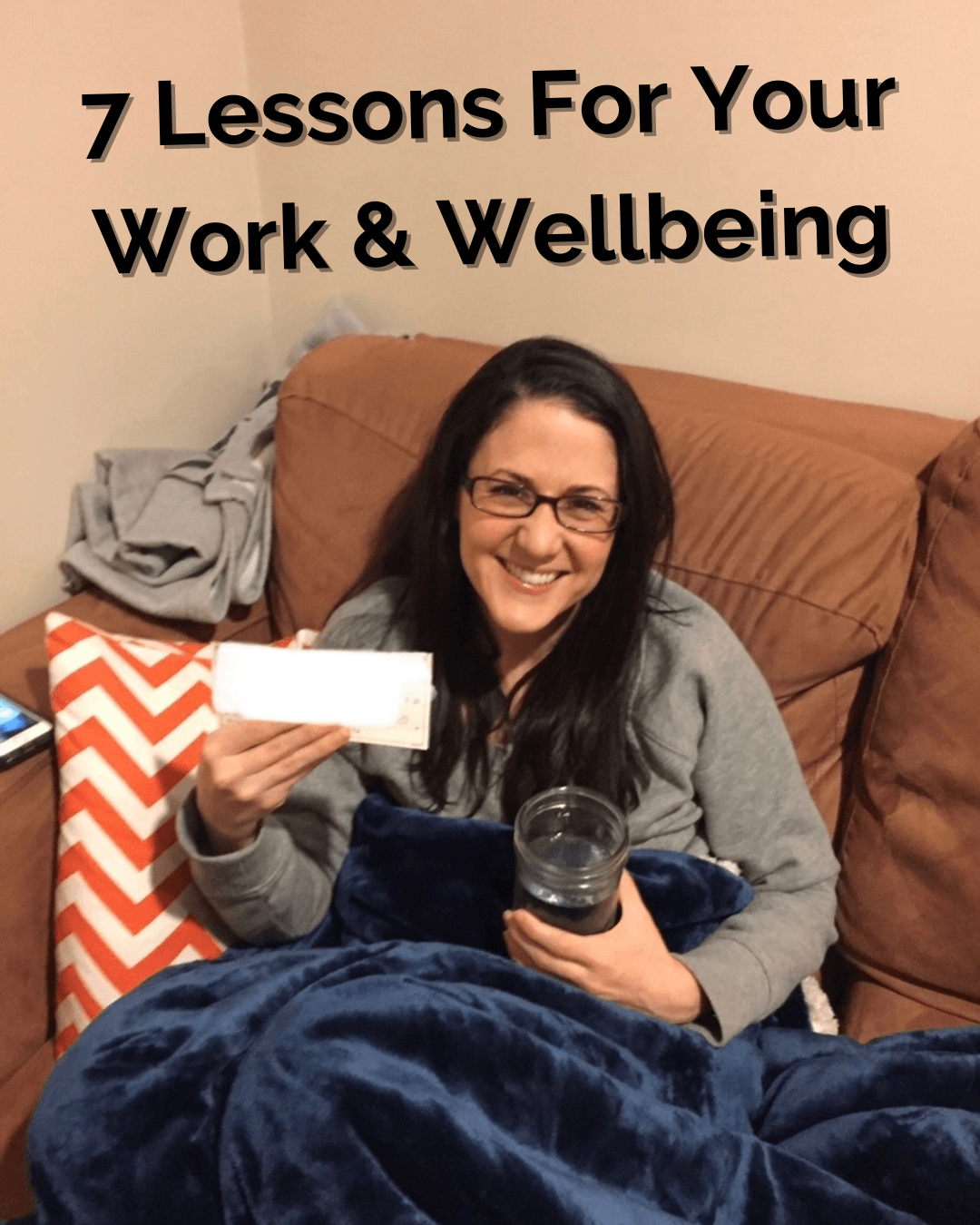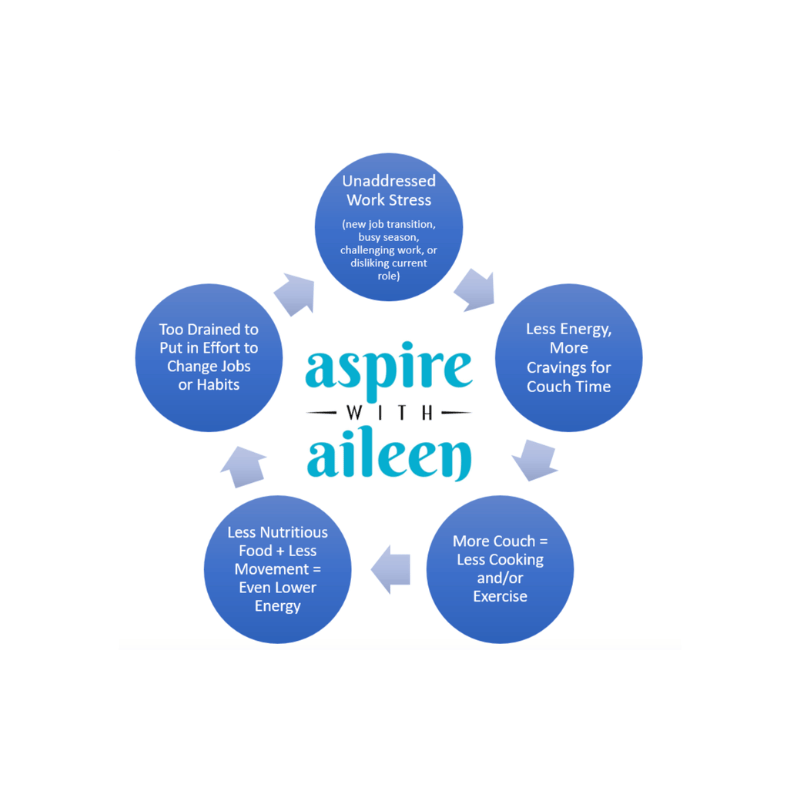Hospice: Inpatient vs. Home Care
Some people confuse palliative care and hospice care – these are distinct and if you’re new to end of life conversations, it’s important to clarify what hospice is:
“Like palliative care, hospice provides comprehensive comfort care as well as support for the family, but, in hospice, attempts to cure the person's illness are stopped. Hospice is provided for a person with a terminal illness whose doctor believes he or she has six months or less to live if the illness runs its natural course.”
For example, when my mom was working with the palliative care team, she was still receiving chemotherapy. When it stopped working, she stopped infusions and transitioned fully to hospice care. The oncology team told her she would have 1-2 months left, and she died 29 days later.
Here are some resources that cover the FAQ’s about hospice care, including different types of options for where to receive it, insurance coverage, and more:
The great debate for many people is whether to receive inpatient care or to do home hospice care.
It’s a huge question with lots to consider, and much easier to talk through when it’s a hypothetical. Most people end up being in a position to choose when it’s time sensitive because who wants to think about dying?! More on that soon…
We did home hospice, and a few things I think are important to share:
It does NOT include around the clock care – the primary caretaker/family/friends are responsible for the care which can include symptom management, medication management, lifting the person in/out of bed or wheelchair, helping the person to the bathroom / changing diapers, managing procurement of and refilling supplies.
Typically, a hospice nurse comes to provide home visits at a certain cadence depending on the medical details. Our experience was a once/week visit with lovely, kind, and caring nurses. The provider rotated between 3 or so nurses. There are options to pay for private care to get additional care, and some insurance may have benefits to help with the financial side of that, but it’s another logistic to manage.
It was incredibly hard, even with the shifts spread across us 4 children and a few dear family friends. It was also a privilege to care for her, and beyond special to know my mom was where she wanted to be for the end of her life - feeling the good energy and surroundings of a place she lived for 40 years.
Death Doula
This is yet another resource that’s not as well known – perhaps more than all of the others mentioned here so far!
Only a few years ago I had NO idea this was a profession. These beautiful souls focus on helping a dying person and their loved ones before, during and after death.
“An end-of-life doula provides emotional and physical support, education about the dying process, preparation for what’s to come and guidance while you’re grieving.” https://health.clevelandclinic.org/death-doula/
Other terms can be death midwife, end of life doula, end of life coach, or death coach.
I found a local death doula and we met with her once… we thought we had more time, but my mom died only 3 days after our conversation with her.
We sat together on the porch, one of my mom’s favorite places, sipping tea and talking about life. Their conversation went into some philosophical places, and my sister and I saw a reflective side of my mom through witnessing this exchange. My sister even used part of their conversation in her eulogy, and we’re forever grateful that my mom was able to feel supported through this offering.
Here is an example of a well-known death doula, and she has a directory of other providers on her website as well.
Legacy Work
Something that can be done with or without death doulas is legacy work.
This can take many forms and people can either be heavily involved or not much involved depending on the project.
I love this description from Penn Medicine: “A challenging diagnosis often leads people to think about their legacy, what and who they will eventually leave behind. People often think of their financial situation, but almost always, there is the shift to our relationships. We think about what people mean to us, what we want to share with them, what we hope for them.
Unfortunately, all too often, these thoughts stay thoughts and aren’t actually put into motion or shared. “Legacy work” is the process of transforming these thoughts into action. It’s the act of sitting down and taking time to purposefully create something for the people you love and care about. It is a way to capture life stories, lessons, sentiments, memories, and traditions. Legacies can convey what we want remaining and future generations to know and understand about our life experiences. They help us to remember and heal as we carry on important traditions.”
That link goes into many examples of what this can look like – which includes capturing family recipes, stories, photos, and voices. This doesn’t have to be something you wait to do until end of life or a terminal diagnosis, and Storyworth is one example of a platform designed to capture stories in a longitudinal way.
If that quote I shared above about aging parents resonated with you, you can explore this for yourself now! Here are more prompts: https://www.legacyproject.org/activities/lifestory.html
I shared my mom’s original prognosis in a new mom Facebook group and asked for ideas to keep her memory alive for my daughter since she was only 3 months old. I was met with such compassion, kindness, and many actionable ideas (which is impressive since mom Facebook groups have a pretty bad reputation!).
One that stood out: “if there’s any habits she has - try to save those! Example: my mom always called and sang me happy birthday. I would give anything to have that recorded somewhere. My birthday has been the hardest part of losing her for that reason.”
Weirdly enough, I had a voicemail saved from 2017 where my mom sang happy birthday to me and left one of her epic signature long-winded ramble-y messages. I listen to it often and it’s quite the balm on harder days.
Resources:
This is already 4 pages long in MS Word so I better cut myself off soon! Additional resources:
Grief… I could do an entire post on this topic alone, but there are experts out there for that. I’ll share a few things that I found helpful.
A friend, whose sister had died a few years prior, sent me this reddit post. The wave analogy and the reminder that grief is also love was comforting, especially in the initial stage of feeling overcome and weighed down by the intensity of it all.
The ball and box analogy for grief can be a supportive framework for how your feelings may evolve over time. That same friend sent me this podcast episode called “Grateful for Grief” between Anderson Cooper and Stephen Colbert which had me reaching for the tissues.
These are some ways to care for your mind/body through the demands of caretaking and grieving (I personally have used all of these and credit these modalities as being critical to surviving the trauma of it all):
EMDR Therapy- specific modality for working through trauma. This website has a directory for finding practitioners.
Acupuncture – game changer! I worked with Heather at Wander Well Acupuncture here in MA when trying to conceive all the way through to today for general support. You name it, acupuncture can help address it.
Therapy – I was a new mom, partner, friend, sister, daughter, caretaker, business owner, coach, and wellness speaker (and then in the midst of it all, COVID happened!). I needed a place to be able to fall apart. In managing and holding space for others most of each day, this was a sacred place to just be a mess and feel supported by someone else.
https://endwellproject.org/ - their talks and resources are impressive. I’ve found the recordings of talks especially inspirational. From them: “End Well has become the most widely known and respected organization at the intersection of popular culture and healthcare with a focus on end of life, grief, loss, caregiving, and associated health and welfare challenges.” They have a “fresh perspective and commitment to infusing wonder, joy and hope into these conversations while also tackling the tough stuff.”
Family Medical Leave Act in the USA (additional info here): There are eligibility requirements and different policies depending on where you live, but it’s important to know about potential options for leave from your employer if you’re a caretaker. I recently did a wellness workshop on burnout and a participant shared that after the session she realized she was fried and needed to get more support as she cared for her father. She was able to use the policy to go part-time in her work, and is markedly less stressed in managing competing demands and able to be more present with her father. Here are 5 things employers get wrong about caregivers at work. The more we share our struggles, ask for resources and policies, and normalize the human experience, the more likely we can ignite greater change.
Books:
A Beginner's Guide to the End: Practical Advice for Living Life and Facing Death by BJ Miller and Shoshanna Berger. This is a must read for all humans, whether you have a chronic illness, are near end of life, or a regular ol’ 40 year old. It’s a phenomenal resource for ALL parts of preparing for the inevitable end – literally all of the things, from getting affairs in order to what to expect of the mind and the body in its final stages of life.
Being Mortal: Medicine and What Matters in the End by Atul Gawande. Another exceptional read (and dovetails nicely with the book mentioned above by Dr Sunita Puri). My dearest friend has used this as a framework for navigating proactive conversations with her family members to know what everyone’s wishes are in (the hopefully very distant) end.
Grief focused books:
Healing After Loss: Daily Meditations For Working Through Grief by Martha Whitmore Hickman. This is my absolute favorite for myself and that I’ve purchased it for others. If you cringed at the meditation part, it’s not actually meditation. Each calendar page has a quote and a short note that usually strikes a comforting/validating chord.
Full disclaimer- I only partially read these two books that were recommended to me. I tried to read them before my mom died and again in the very initial month or so after, and my grief brain fog didn’t allow much to sink in. It's OK That You're Not OK: Meeting Grief and Loss in a Culture That Doesn't Understand by Megan Devine and also Anxiety: The Missing Stage of Grief: A Revolutionary Approach to Understanding and Healing the Impact of Loss by Claire Bidwell Smith (she also runs grief programs/workshops).
Wrap it up, Aileen!
Death is fascinating in that it’s one of the only things that every human has in common – one of the only guarantees – yet one of the most avoided topics.
I hope that if you’re reading this, you and your loved ones are far away from needing the information… and perhaps this can inspire you to have the hard but important conversations when the stakes aren’t as high.
I know that most likely, you’ve read this far for other reasons. My heart is with yours and I’ll share what Susan David says as a reminder of the duality of life: “Life's beauty is inseparable from its fragility.”
Wishing you and yours many more days of beauty and comfort ahead.
Thank you, Mom, for continuing to help others breathe easier. Love you more than the world.











